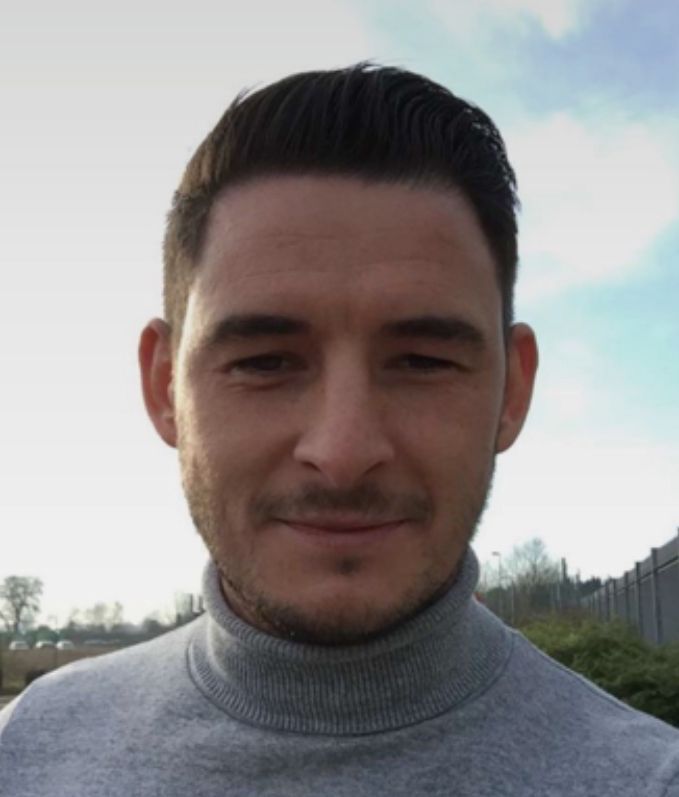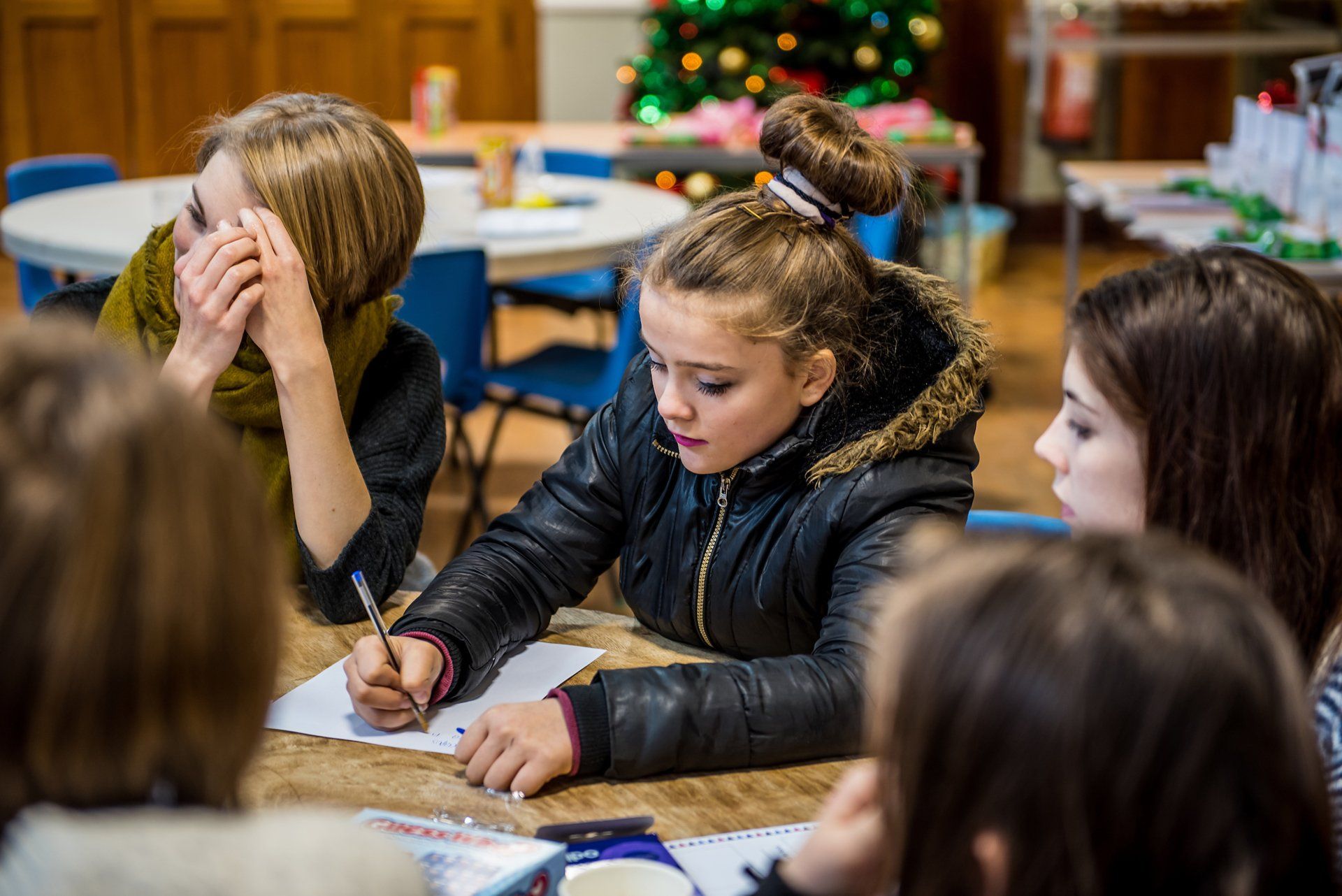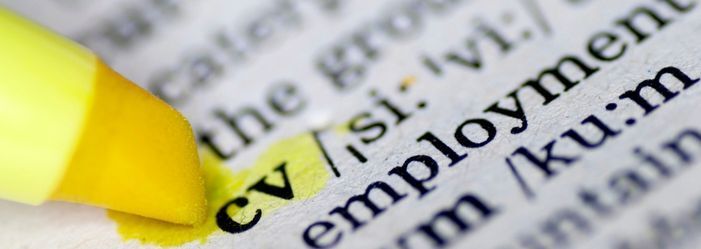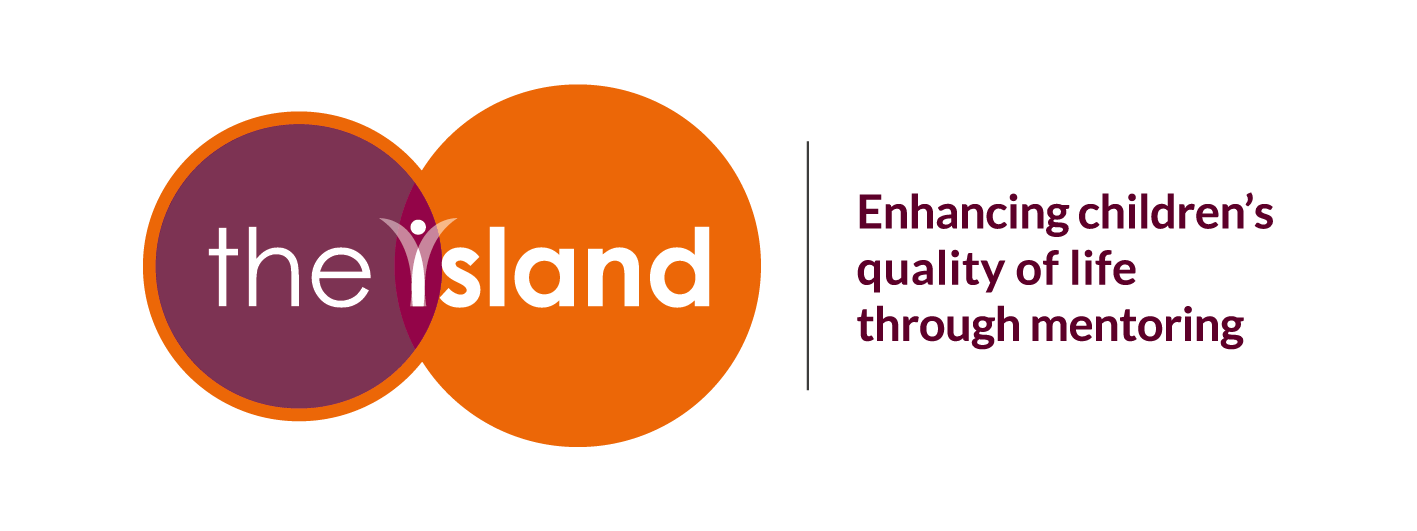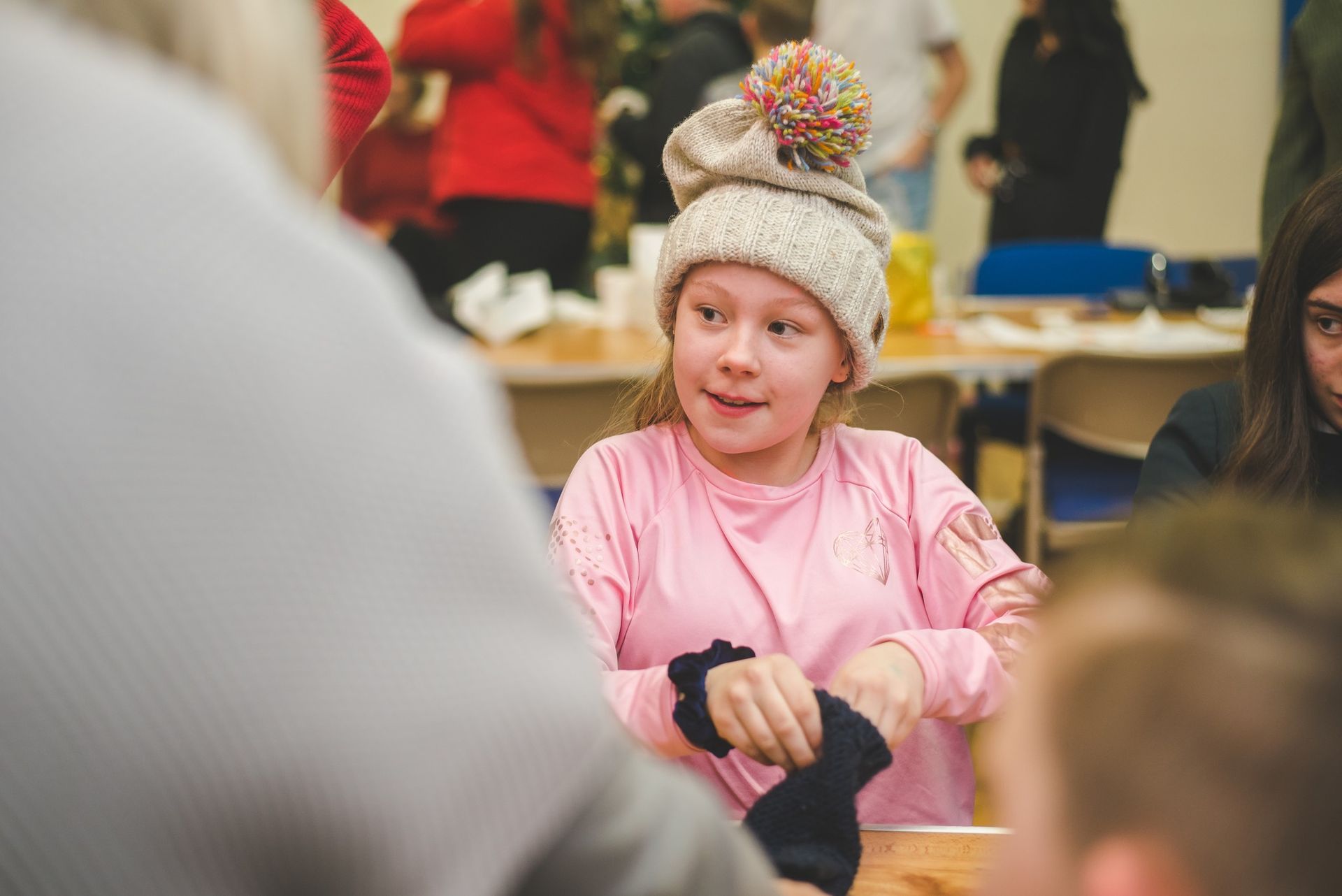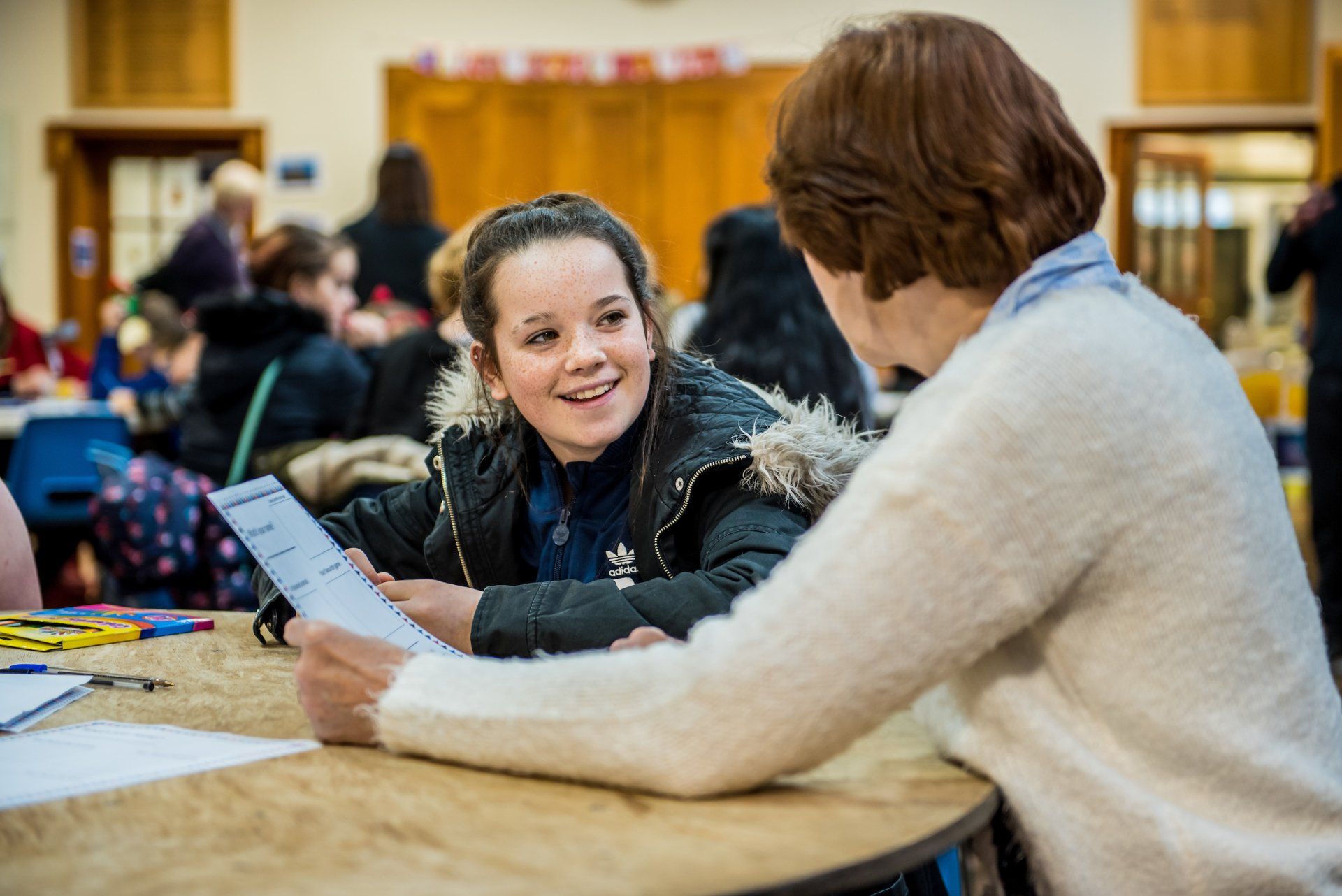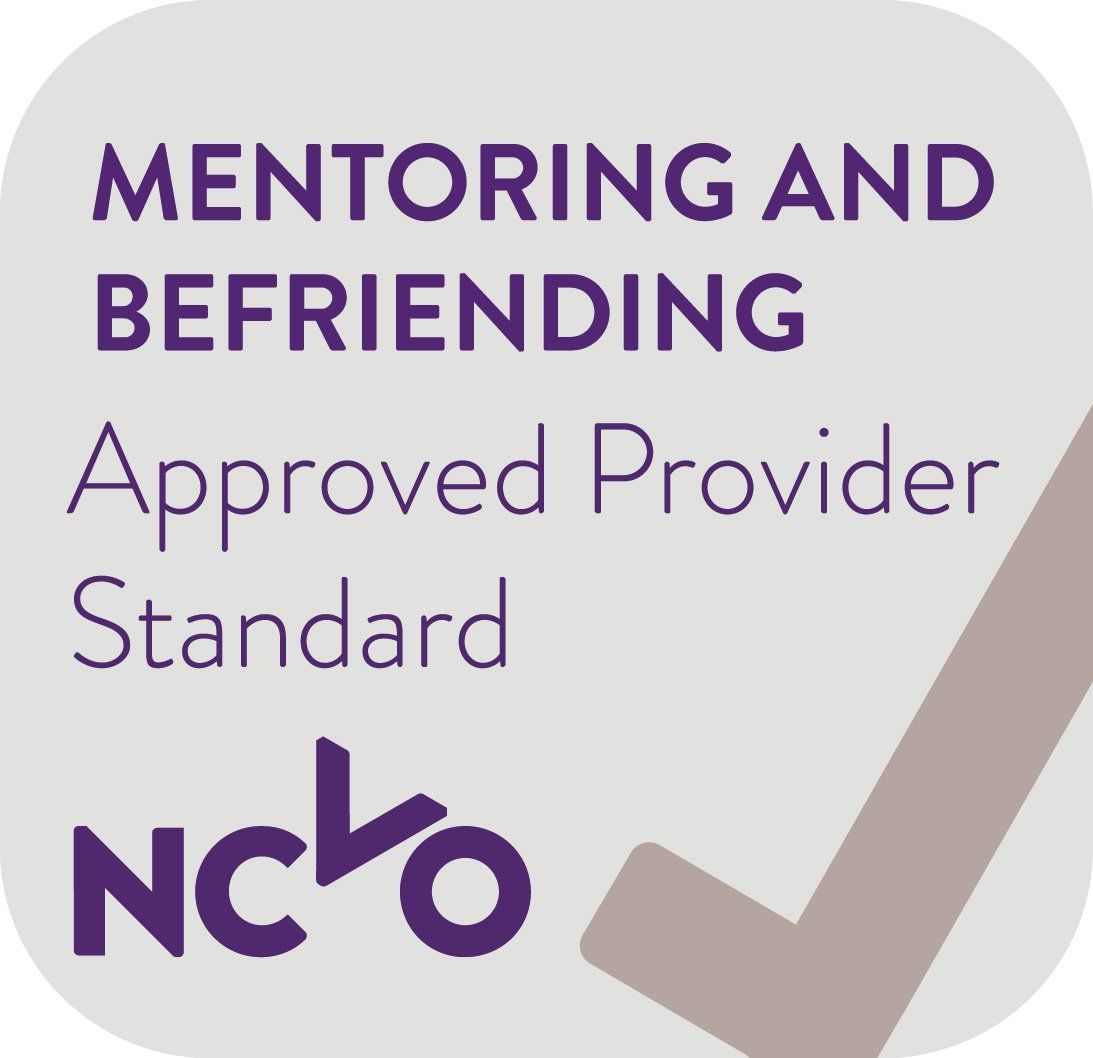How to talk about drugs and alcohol with teenagers

Talking about drugs and alcohol is a difficult conversation for any parent. In the UK, the average age for a child to have their first alcoholic drink is 13 years old; This first drink usually occurs in a family setting. In 2019, the NHS published the Statistics of Drugs Misuse that found in 2018 of the 15-year-old children asked, 30% of them believed it was ‘OK’ for them to try drugs.
Preparing to Talk About Drugs & Alcohol with teenagers
Considering the above statistics, it can be a difficult conversation for parents and carers to have with their young.
If you are preparing to talk with your children about drugs and alcohol, then read up on the facts using reputable resources. There are lots of online guides available on such sites as FRANK and Adfam.
Talking About Drugs & Alcohol with teenagers
So, you’ve done your research and you are calm and poised for the conversation, what’s next?
- Values – let them know what you think about alcohol and drugs. Give them your stance, be clear on your opinions and let them know your boundaries.
- Try not to scare your teen – scare tactics aren’t the best way to talk about the conversation. Be open, transparent and non-judgemental in your approach, so that your child feels safe in opening up to you.
- Learn about your children’s friends – peer pressure can impact a child's behaviour and sometimes not for the better. Look to get to know your child’s friends and allow them to come round to your house. It will help you keep an eye on your child whilst showing your interest in their lives. If your child decides to change friendship groups because of alcohol and drug influences, you need to make sure you give them enough support through this.
- Make sure your teenager knows that you are on their side – your child needs to know that you will always be there for them. By showing this support and love, it will help them to be honest with you. It stops them from saying what they think they want you to hear.
- Never give up – if your child argues, storms off, or even gets embarrassed, never give up. Talk to them when they are calmer, and children always value the opinions of their guardians or parents.
- Realistic – in the UK, lots of children experiment. Only a small percentage of those will develop an addiction.
- Responsibility – you are wanting your child to make good decisions, that’s obvious. But let them know that they can say no to this.
We hope you have found this useful. We work with several children and young people who are looking for a role model in a volunteer mentor. If you would like to shape the life of a child or young person then take a look at our volunteer opportunities by clicking here.
